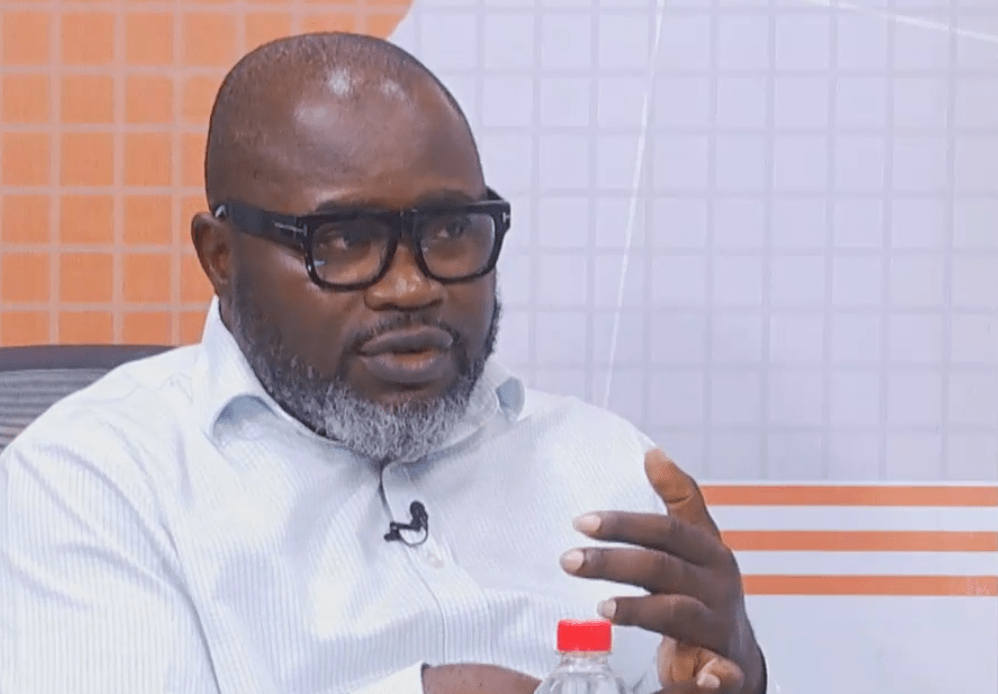Executive Director of Africa Education Watch (Eduwatch), Kofi Asare, has made a strong case for reforming Ghana’s student loan system to ensure that more students, especially those from disadvantaged backgrounds, can access higher education without financial strain.
He argued that with a well-structured funding model, Ghana can eliminate financial barriers that prevent many students from pursuing tertiary education.
Asare proposed a three-pronged approach to addressing the financial constraints faced by tertiary students.
“Assuming we have a ‘no fee stress’ free Academic Facility User Fee (AFUF) policy in Year 1 for all tertiary, including colleges, where GoG [Government of Ghana] pays your 2.5k academic fee in Year 1…”
Kofi Asare
Under this initiative, the government would cover the GHC 2,500 academic fee for all freshmen, easing their financial burden in the first year.

In addition, Asare recommended a GHC 4,000 annual student loan scheme that could support 40% of all tertiary students.
This loan, he emphasized, should be disbursed at the start of the academic year to ensure students have access to funds when they need them most.
Furthermore, he stressed the importance of indexing the loan amount against inflation to maintain its value and relevance over time.
Student Loan Funding Not the Problem
Asare dismissed claims that Ghana lacks the financial resources to implement such a system.
He argued that the required GHC 550 million is equivalent to what the government already spends annually on allowances for nursing and teacher trainees, regardless of their economic backgrounds.
He pointed out that the country’s current student loan recovery rate stands at 60%, indicating that the system already has a strong foundation for sustainability.

According to him, the real issue is not a lack of funds but a tendency to prioritize politically driven free allowances over a more equitable and sustainable approach that targets those who genuinely need financial support.
“We are just comfortable and addicted to politically induced free honey which denies many poor from accessing tertiary,” Asare remarked, emphasizing that indiscriminate financial assistance benefits both the rich and the poor, making it inefficient in addressing financial disparities in education.
He argued that adopting a more targeted approach, as seen in global best practices, would enable the government to provide better support to students from low-income backgrounds while ensuring long-term financial sustainability.
Fixing a Broken Student Loan System
Beyond proposing new funding policies, Kofi Asare underscored the urgent need to fix Ghana’s existing student loan system, which he described as ineffective and inadequate.
He noted that the current scheme serves only two-thirds of applicants due to funding constraints, leaving a significant number of students without the financial assistance they need to continue their education.
Another major flaw he highlighted is the timing of disbursement. Asare observed that the loan often arrives too late in the academic year, making it ineffective in preventing student dropouts.

He warned that if the system remains unchanged, many students will continue to struggle financially, leading to higher dropout rates and limiting access to tertiary education for those from economically disadvantaged backgrounds.
“First, fix the student loan system. It’s not fit for purpose. It serves only two-thirds of applicants due to inadequate funding. It arrives too late in the year to be useful in preventing dropouts, and in tots”.
Kofi Asare
Asare’s proposals have reignited the debate on how Ghana funds tertiary education and whether the current approach serves the best interests of students.
While some argue that free allowances for nursing and teacher trainees should be maintained, others believe a more structured, needs-based system would ensure a fairer distribution of resources.
The conversation on student loans and tertiary funding remains critical, particularly as Ghana seeks to expand access to higher education and build a skilled workforce for national development.
With growing calls for reform, policymakers will have to decide whether to continue with the current system or adopt a more targeted and sustainable approach, as advocated by Asare.
READ ALSO: GSE Holds Steady as Profit-Taking Drives NewGold ETF Decline


















